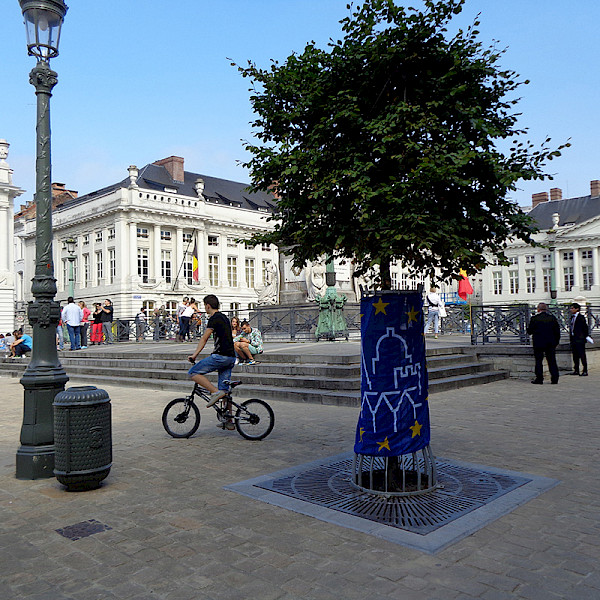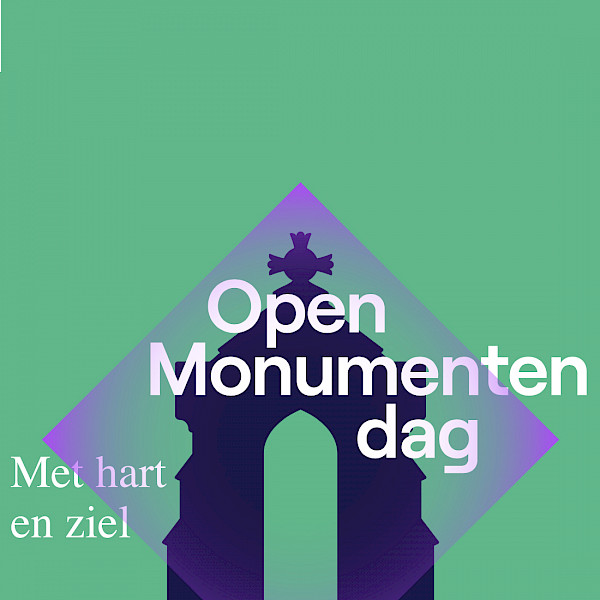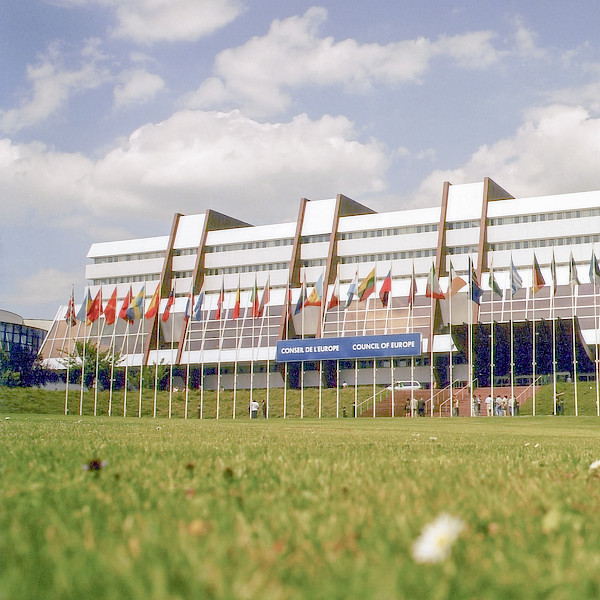European days

A bit of history
The Heritage Days were established in France in 1984, when the ‘Open Days’ (Journées Portes Ouvertes) were organised for the first time. It was immediately a great success and the idea was quickly adopted by other countries in Europe. Fifth country to adhere, Belgium launched its heritage Days in 1989. With the Netherlands, Sweden and Malta, our country is one of the pioneers of this great movement which has now been organised in no less than 50 European countries. Today, the Heritage Days have become the biggest cultural event in our country.
Although the three regions each organise the Heritage Days in their own way, the principle is always the same: allowing the greatest possible number of people to discover the gems of our heritage, which often open their doors to the public especially for the occasion.
The great crowds year after year are proof of the format's popularity. The Heritage Days have undeniably helped to raise awareness about heritage preservation in the broad sense of the term. Not only do they allow visitors to admire prestigious monuments, each year they also allow them to visit natural and archaeological sites.


In other regions
The weekend before the Heritage Days in the Brussels Capital Region, Flanders and Wallonia will be organising their own events.
Flanders, on 10th September www.openmonumentendag.be
Wallonia, on 9 and 10 September www.journeesdupatrimoine.be

In Europe
Heritage Days have been organised in Belgium since 1989.
Attracting thousands of visitors every year, these Days are now organised in the 49 state signatories to the European Cultural Convention, under the name European Heritage Days.
All across Europe, during weekends in September, the European Heritage Days open the doors of numerous sites and monuments, many of which are usually closed to the public, enabling European citizens to discover and learn about their shared cultural heritage, while encouraging them to take an active role in preserving and developing it for existing and future generations.
Information on European Heritage Days in other countries is available at the website: www.europeanheritagedays.com.